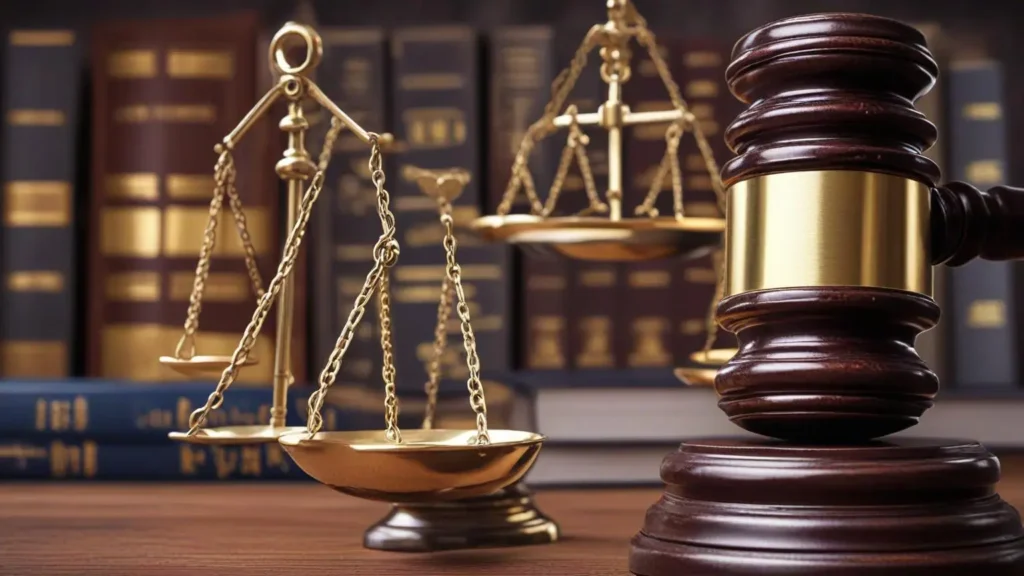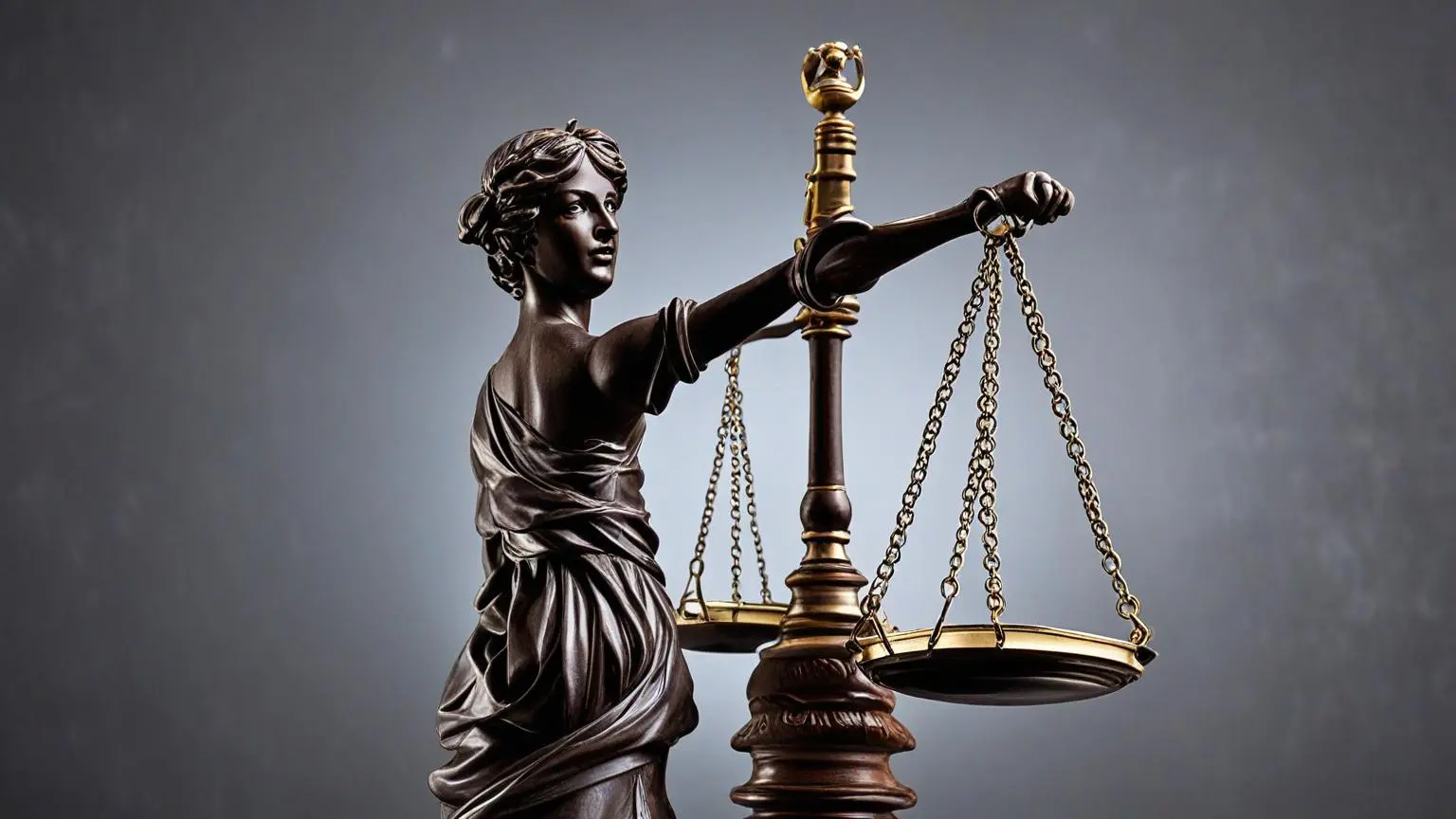Intellectual Property (IP) litigation is a complex and multifaceted area of law that addresses disputes over the rights to intangible assets such as patents, trademarks, copyrights, and trade secrets. While IP litigation is crucial for protecting and enforcing IP rights. I
t comes with a range of challenges that can impact the outcome of a case and the well-being of the parties involved. This article explores common IP litigation challenges, provides strategies for overcoming these obstacles, and discusses emerging issues in IP law that businesses and legal professionals should be aware of.
What Are the Challenges of Intellectual Property Law?
Intellectual Property law encompasses various forms of legal protection for innovations and creations, and each form comes with its unique set of challenges. Here are some of the primary challenges associated with IP law:
Determining the Scope of IP Rights
One of the significant challenges in IP litigation is determining the exact scope of IP rights. This involves understanding what the IP covers and the extent to which the rights are enforceable.
- Challenge: Disputes often arise over whether a product or process infringes on a patent or trademark, or whether a work infringes on a copyright.
- Solution: Conduct thorough research and legal analysis of the IP assets in question. This includes reviewing patent claims, trademark registrations, and copyright documentation to clearly define the scope of rights.
Enforcing IP Rights
Enforcing IP rights can be challenging, particularly when dealing with infringers who may be located in different jurisdictions or who may have limited resources.
- Challenge: IP owners may face difficulties in finding and prosecuting infringers, especially if they are international or anonymous.
- Solution: Engage experienced IP attorneys who can navigate complex legal systems and utilize resources such as international treaties, cease and desist letters, and enforcement mechanisms to address infringement.
Cost of IP Litigation
The cost of IP litigation can be prohibitively high, involving legal fees, expert witness costs, and other expenses.
- Challenge: IP litigation can be expensive, with costs that may exceed the potential benefits of the litigation.
- Solution: Consider alternative dispute resolution methods such as mediation or arbitration, which can be more cost-effective than traditional litigation. Also, assess the potential return on investment before initiating legal action.
Proving IP Infringement
Proving infringement involves demonstrating that another party has violated IP rights, which can require substantial evidence and expert testimony.
- Challenge: Gathering sufficient evidence and expert testimony to prove infringement can be time-consuming and costly.
- Solution: Work with IP experts and forensic investigators to collect and present strong evidence of infringement. Detailed documentation and expert opinions can support your case.
Defending Against IP Claims
Defending against IP claims can be complex and requires a robust legal strategy to counter allegations of infringement or invalidity.
- Challenge: Defending against IP claims requires thorough preparation and a strategic approach to contest allegations.
- Solution: Develop a comprehensive defense strategy with the help of experienced IP attorneys. This includes analyzing the validity of the claims, identifying potential defenses, and preparing for trial.
What Are the IP Management Challenges?

Effective IP management is essential for maintaining and maximizing the value of IP assets. However, managing IP assets comes with several challenges:
Keeping IP Updated
IP laws and regulations are constantly evolving, and keeping IP assets up to date is crucial for maintaining protection.
- Challenge: Failing to keep up with changes in IP laws can result in loss of protection or missed opportunities for enforcement.
- Solution: Stay informed about changes in IP laws through legal updates, professional development, and consultation with IP experts. Regularly review and update IP portfolios to ensure compliance.
Managing a Large IP Portfolio
For companies with extensive IP portfolios, managing numerous patents, trademarks, and copyrights can be overwhelming.
- Challenge: Maintaining and monitoring a large IP portfolio requires significant resources and organization.
- Solution: Implement IP management software and tools to streamline portfolio management. Consider hiring IP managers or legal professionals to oversee and organize the portfolio.
Balancing IP Protection and Innovation
Striking the right balance between protecting IP rights and fostering innovation can be challenging.
- Challenge: Overly restrictive IP protections may stifle innovation, while insufficient protection may leave IP vulnerable.
- Solution: Develop IP strategies that balance protection with the need for innovation. Engage in strategic planning to align IP protections with business goals.
Global IP Management
Managing IP rights on a global scale introduces additional complexities related to different jurisdictions and legal systems.
- Challenge: Navigating international IP laws and enforcement can be complex and varied.
- Solution: Utilize international treaties and agreements, such as the Paris Convention or the Madrid Protocol, to streamline global IP management. Work with international IP attorneys to manage cross-border IP issues.
IP Valuation
Determining the value of IP assets is essential for transactions, litigation, and strategic planning.
- Challenge: Accurately valuing IP assets can be difficult and requires specialized knowledge.
- Solution: Engage experienced IP valuation experts to assess the worth of IP assets for various purposes, including litigation, sales, and licensing.
How to Resolve Issues Involving Intellectual Property Rights?
Resolving IP disputes effectively requires a combination of legal strategies and practical solutions. Here are some approaches for resolving IP rights issues:
Negotiation and Settlement
Negotiation can be a productive way to resolve IP disputes without resorting to litigation.
- Approach: Engage in direct negotiations with the opposing party to reach a mutually agreeable settlement. This can involve compromise, licensing agreements, or other solutions.
Mediation
Mediation involves a neutral third party who helps facilitate a resolution between disputing parties.
- Approach: Work with a mediator to find common ground and negotiate a settlement. Mediation is often less adversarial and more flexible than litigation.
Arbitration
Arbitration is a formal process where a neutral arbitrator makes a binding decision on the dispute.
- Approach: Opt for arbitration when a binding resolution is needed. This method is often faster and less formal than court litigation.
Litigation
When other methods fail, litigation may be necessary to resolve IP disputes through the court system.
- Approach: Prepare for litigation by developing a strong legal strategy, gathering evidence, and engaging experienced IP attorneys.
Alternative Dispute Resolution (ADR)
ADR methods, such as arbitration and mediation, offer alternatives to traditional courtroom litigation.
- Approach: Explore ADR options to resolve disputes in a more cost-effective and efficient manner.
What Are the Emerging Issues in IP Law?

IP law is a dynamic field with new challenges and trends emerging regularly. Here are some current and emerging issues in IP law:
Digital Intellectual Property Rights
The rise of digital technology has introduced new challenges related to online IP rights.
- Issue: Protecting digital content from unauthorized distribution and ensuring compliance with digital rights management (DRM) requirements.}
- Solution: Implement robust digital rights management strategies and leverage technological solutions for content protection.
AI and Intellectual Property
The development of artificial intelligence (AI) raises questions about IP ownership and protection.
- Issue: Determining IP rights for AI-generated inventions and creative works.
- Solution: Engage in legal discussions and policy developments to address the challenges of AI and IP, including potential updates to IP laws.
Global IP Enforcement
Enforcing IP rights on a global scale remains a complex issue.
- Issue: Navigating different legal systems and enforcement mechanisms across jurisdictions.
- Solution: Collaborate with international legal experts and utilize international treaties and agreements to support global IP enforcement efforts.
Patent Reform
Ongoing discussions about patent reform aim to address issues such as patent trolls and overly broad patents.
- Issue: Balancing patent protections with innovation and preventing abuse of the patent system.
- Solution: Stay informed about patent reform initiatives and advocate for balanced policies that support innovation while preventing misuse.
Trade Secrets in the Digital Age
The digital age presents new challenges for protecting trade secrets.
- Issue: Ensuring the security of trade secrets in digital formats and preventing data breaches.
- Solution: Strengthen digital security measures, conduct regular audits, and implement comprehensive trade secret protection strategies.
Conclusion
IP litigation presents a range of challenges that can affect the success of legal disputes and the management of intellectual property assets. Understanding these challenges, from determining the scope of IP rights to managing IP portfolios and resolving disputes, is essential for navigating the complexities of IP law. By addressing these challenges with effective strategies and staying informed about emerging issues, businesses and legal professionals can better protect and enforce their intellectual property rights.

